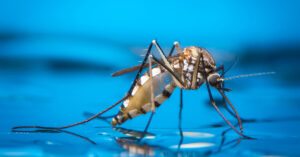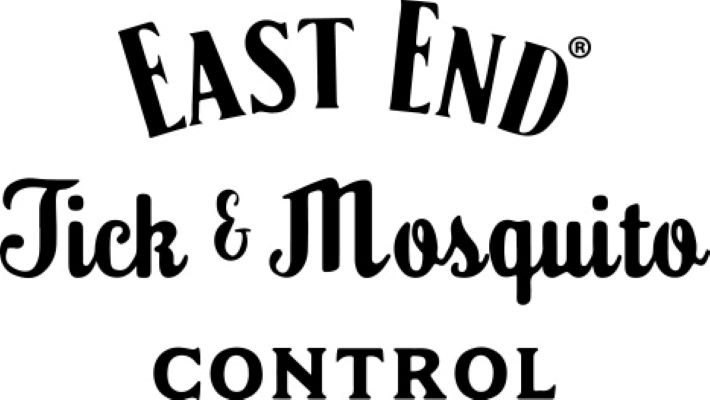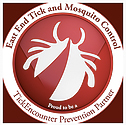 As insects increasingly become resistant to pesticides, scientists seek innovative ways to decrease their numbers. Genetic pest management is one of the techniques being explored in the U.S. and around the globe. From mosquitoes that transmit dangerous viruses to moths and flies that destroy crops, scientists are altering insects’ genes to prevent them from reproducing and causing harm.
As insects increasingly become resistant to pesticides, scientists seek innovative ways to decrease their numbers. Genetic pest management is one of the techniques being explored in the U.S. and around the globe. From mosquitoes that transmit dangerous viruses to moths and flies that destroy crops, scientists are altering insects’ genes to prevent them from reproducing and causing harm.
What Insects Have Been Genetically Modified?
Lab studies are being conducted on various insects, but the current focus is on aedes aegypti mosquitoes and diamondback moths.
Aedes aegypti mosquitoes can be found in the southern and southwestern United States and along much of the eastern seaboard. They aren’t a significant threat in New York, but this will likely change with a warming climate. The females of the species bite humans and animals and spread dengue, yellow fever, chikungunya, zika, and equine encephalitis viruses.
Pesticide-resistant diamondback moths are a worldwide pest. Each year, they cause billions of dollars of damage to cruciferous crops like cabbage, broccoli, cauliflower, and kale.
What Are GMO Mosquitoes?
Transgenic mosquitoes, or “GMO mosquitoes,” are bred with DNA from unrelated organisms. These specially modified male mosquitoes have a particular self-limiting gene that prevents their female offspring from surviving to the larval stage, so they die before they can reproduce. The target region’s mosquito population is consequently efficiently reduced. Out of over 3,000 mosquito species, the one that most commonly bites humans and carries diseases is the Aedes aegypti, which scientists are currently modifying using technology and methods developed at Oxitec Labs in Oxford, England.
How Does GMO Affect Insects?
Specially modified mosquitoes lay eggs that are released in specific areas. When these modified eggs hatch, the altered males mate with unaltered females, and their restructured genes are passed to the offspring. The female larvae from these pairings die before adulthood and do not reproduce, resulting in fewer mosquitos. This process is similar for all transgenic insects, with young females failing to survive past their pupal or larval stage.
Where Have Genetically Modified Mosquitoes Been Released?
Field tests of transgenic mosquitoes have taken place in Brazil, the Grand Cayman Islands, Malaysia, and Panama. Last year, the first U.S. release occurred in the Florida Keys, and the EPA has approved waivers in California and Texas. Field trials of GMO moths took place in Geneva, N.Y.
These releases are not without controversy. Many target area residents are concerned about the long-term effects of genetically altered insects. They cite test results indicating that some modified insects produce living female offspring, some of which appear to be even more complex and resistant to altered male DNA. Additionally, farmers are concerned about the potential loss of organic certification when altered insects find their way into production.
That said, deploying GMO insects is safe and effective. They pose no evident risk to people, animals, and the environment and may reduce the use of chemical crop spraying. When the food supply and lives are at stake, weighing risks against potential benefits is essential.
East End Tick and Mosquito Control® Eliminates Mosquito Threats
If mosquitoes plague your Long Island home, contact us. We can eliminate them and ensure that they do not return. We are proud to note that all our options are family and pet safe. For those living near Southampton, please call (631) 287-9700. If you are closer to East Hampton, please call (631) 324-9700 . If you reside near Southold, please call (631) 765-9700. You can always email us as well. We look forward to hearing from you!
What Insects Have Been Genetically Modified in NY?
Serving Southold





